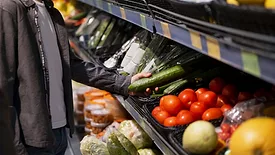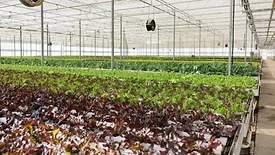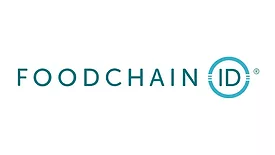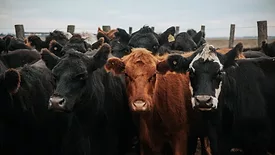Supply Chain
Regulators increasingly expect the organization placing product on the market to have a defensible basis for supplier decisions
Read More
BIZTRACKS
FoodChain ID Announces Partnership in Ukraine, Acquisition in Brazil
February 2, 2026
Never miss the latest news and trends driving the food safety industry
Newsletters | Website | eMagazine
JOIN TODAY!Copyright ©2026. All Rights Reserved BNP Media.
Design, CMS, Hosting & Web Development :: ePublishing











